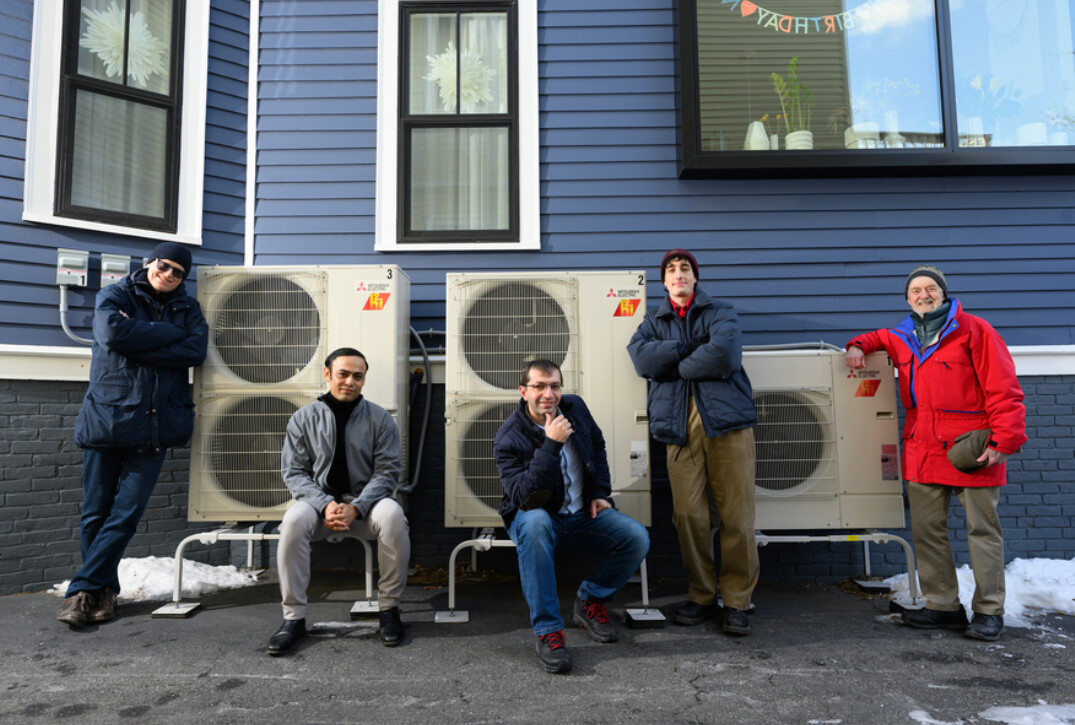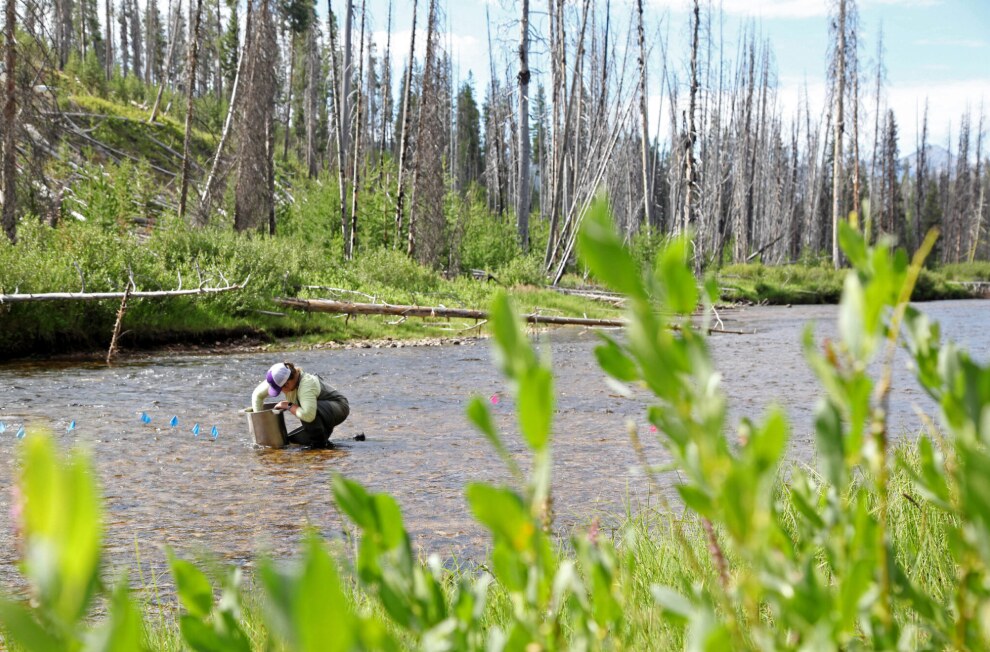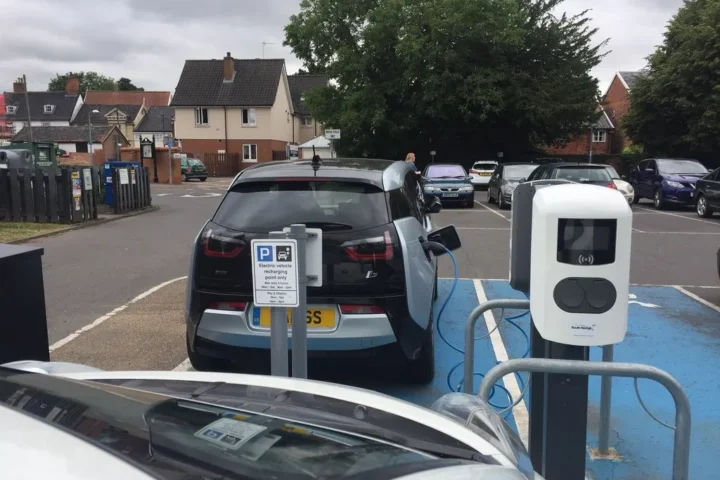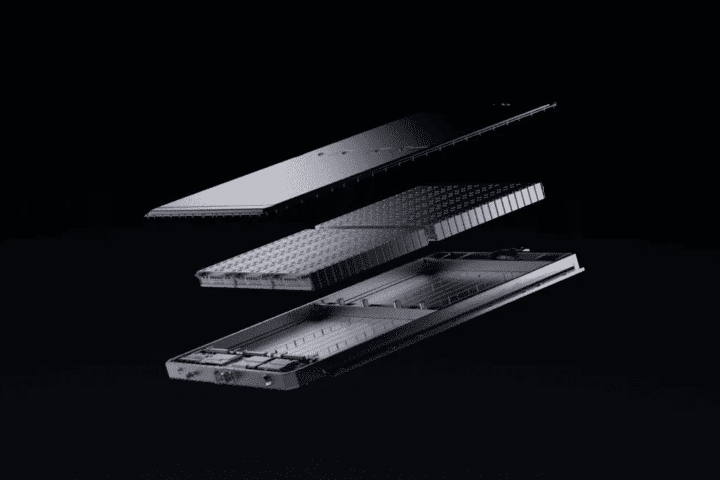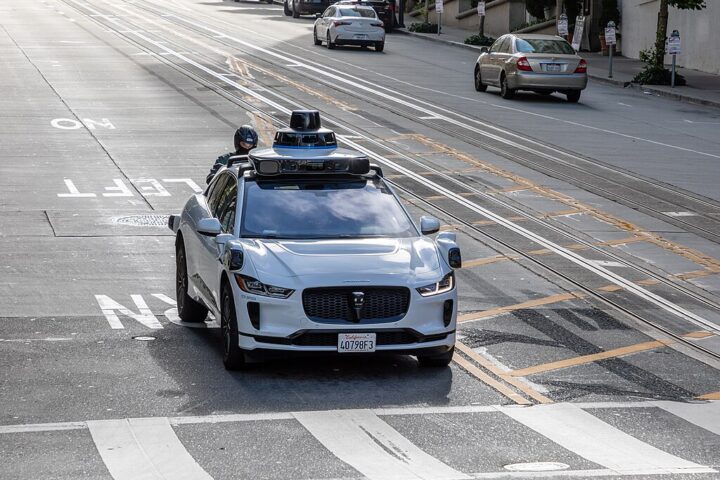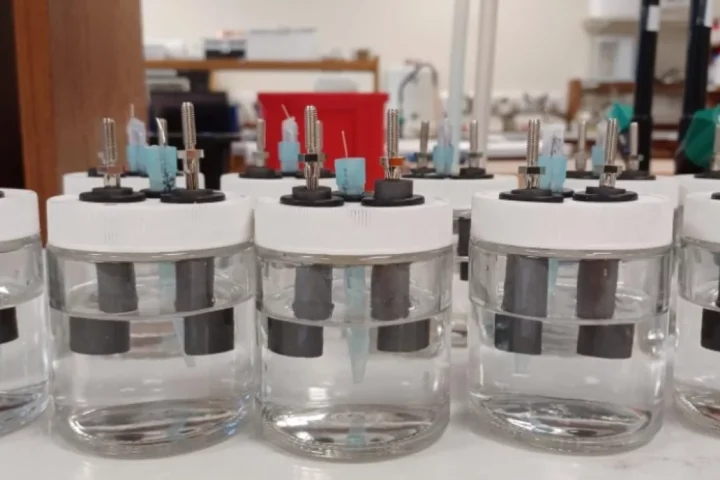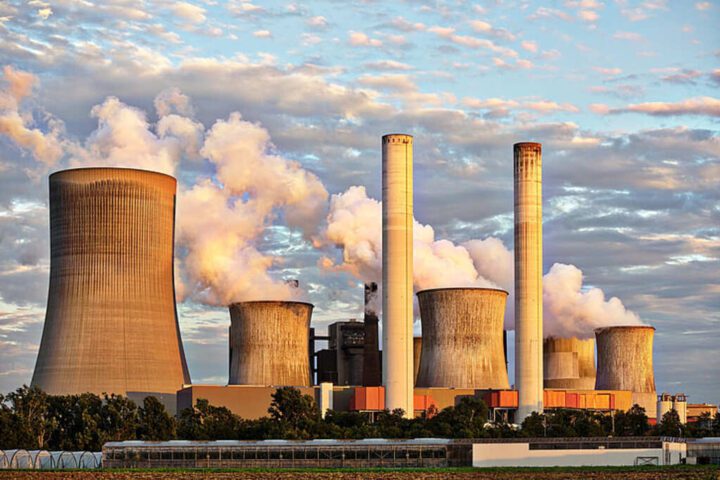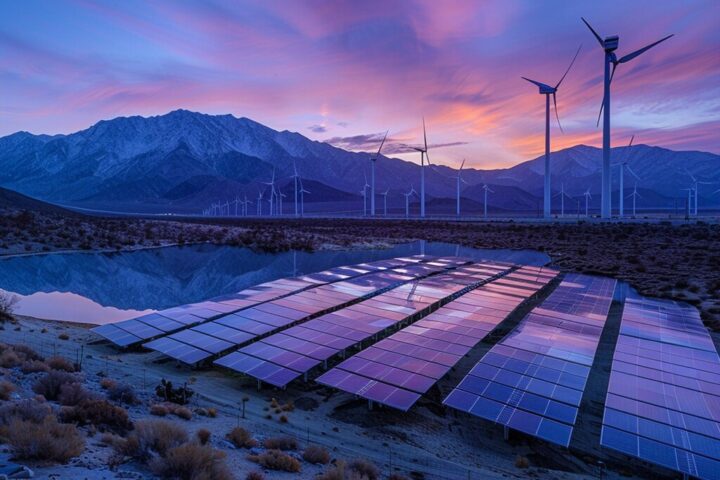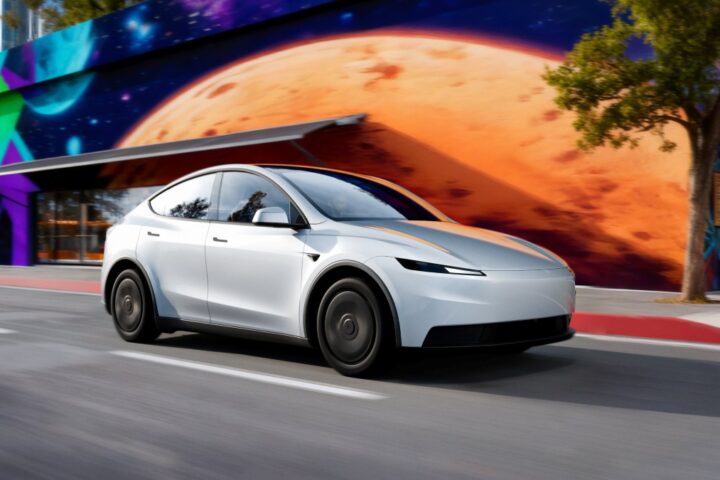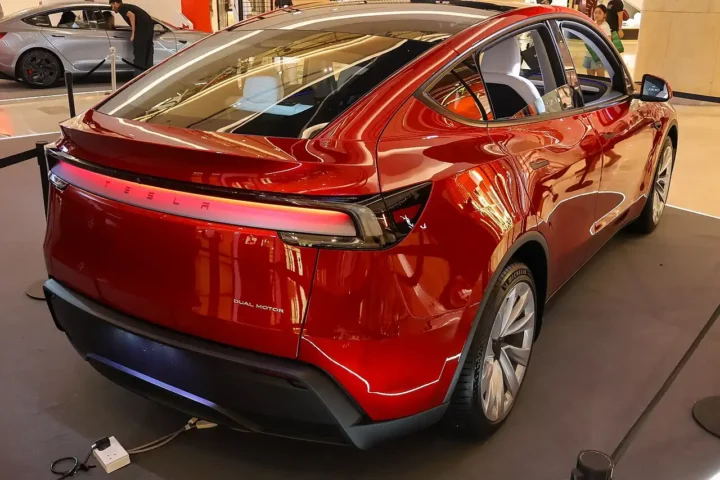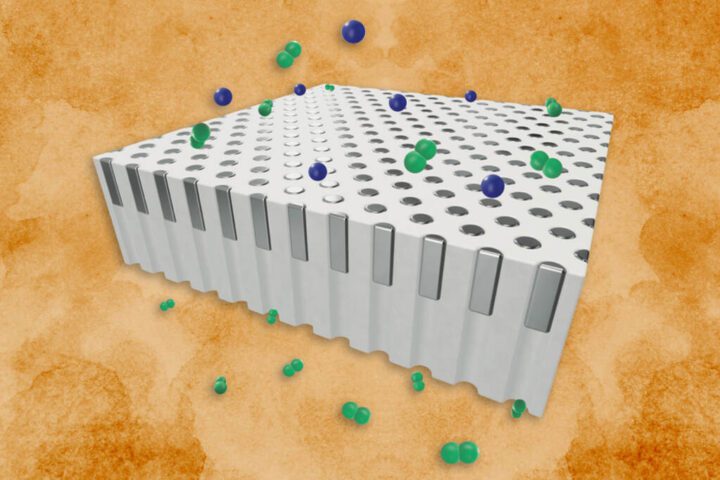Picture this: your home heating system not only keeps you warm but also helps fight climate change. This isn’t just wishful thinking – it’s becoming reality through electric heating, according to new research from MIT.
Right now, heating our homes creates a lot of pollution. While power plants have cleaned up their act – cutting harmful emissions by 34% since 2005 – the way we heat buildings still pollutes heavily, only reducing emissions by 18% in the same period.
MIT researchers found something surprising: switching most homes from gas furnaces to electric heating could actually save money while reducing pollution. But there’s a catch – it only works if we do two things right.
First, homes need high-efficiency heat pumps, which are significantly more efficient than traditional fossil fuel-burning systems. “Some homes are going to electrify and get off the gas system and not have to pay for it, leaving other homes with increasing rates because the gas system cost now has to be divided among fewer customers,” explains Rahman Khorramfar from MIT.
Second, homes need better insulation and sealing of air leaks. When MIT looked at homes in chilly New England, they found that combining better insulation with electric heating could cut total energy use by 30%.
“You can’t just go wild dropping heat pumps into everybody’s houses,” warns Morgan Santoni-Colvin, an energy expert. “We need to consider other ways to reduce peak loads.”
The change would mean electric companies need to provide about twice as much power during the coldest days. But here’s where it gets interesting: even with this increased electricity use, the overall costs could go down because we’d be using so much less natural gas.
Similar Posts
There are challenges to sort out. As more homes transition to electric heating over time, it affects how utility costs are distributed among customers. The shift requires careful planning to ensure fairness in energy pricing.
The solution? Electric companies and gas utilities need to work together – something they haven’t done much before. They need to coordinate their long-term plans to make sure everyone benefits from this transition.
In places like New England, where winters get seriously cold, electrification of heating could handle the job while reducing both pollution and costs. During extended cold periods, the power grid would need what researchers call “firm, dispatchable” power sources – systems that can reliably produce power whenever needed, beyond just solar and wind.
The research makes one thing clear: cleaning up home heating isn’t just about swapping out furnaces. It requires better insulated homes, smarter planning by utility companies, and support from government policies to help homeowners make the switch.
